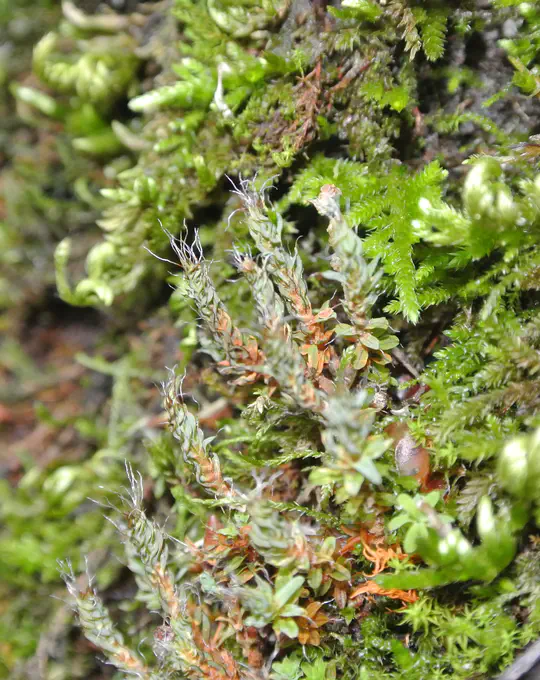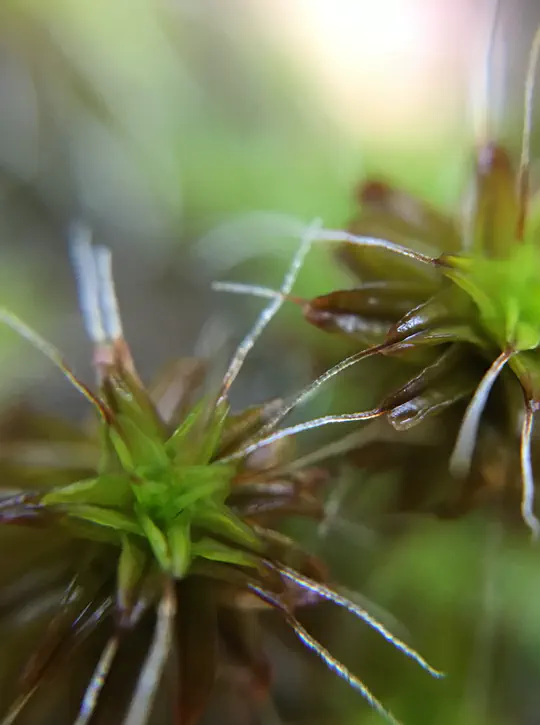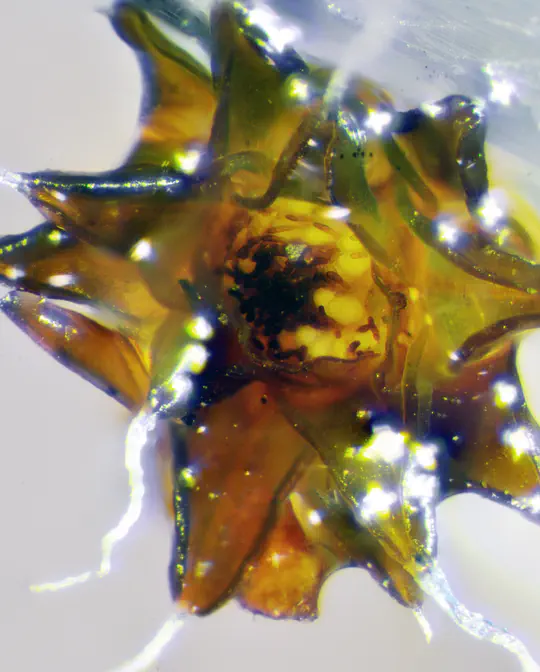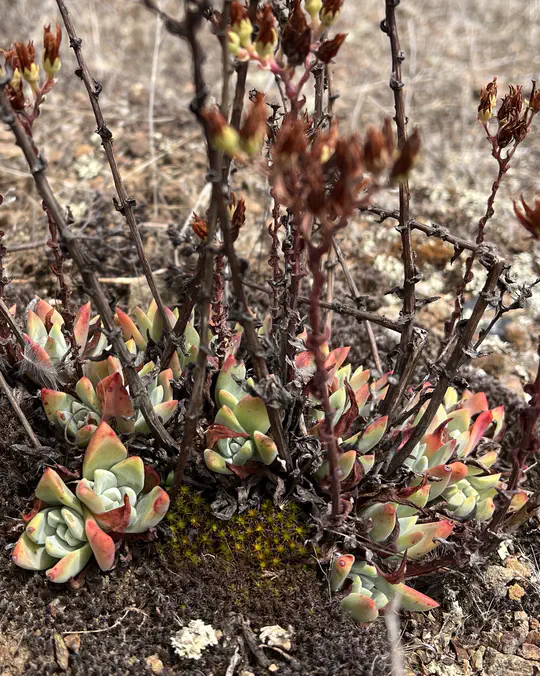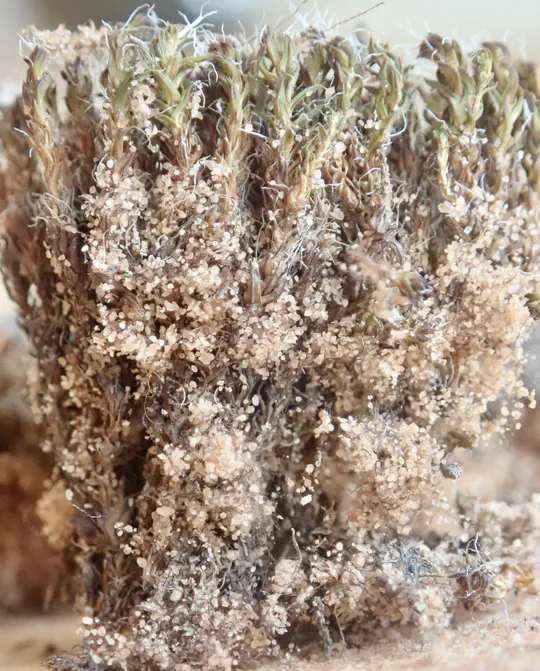Research Areas
How do mosses survive and function under drought, cold, light, and other environmental stressors?
What genomic changes underlie adaptation, reproductive mode variation, and stress tolerance?
What ecological and evolutionary forces shape the structure and function of reproductive systems in mosses?
How do microbial communities and symbiotic partnerships influence moss biology and ecosystem function in drylands?
Linking environmental biology with public health, policy, and equity in collaboration with communities impacted by ecological change.
